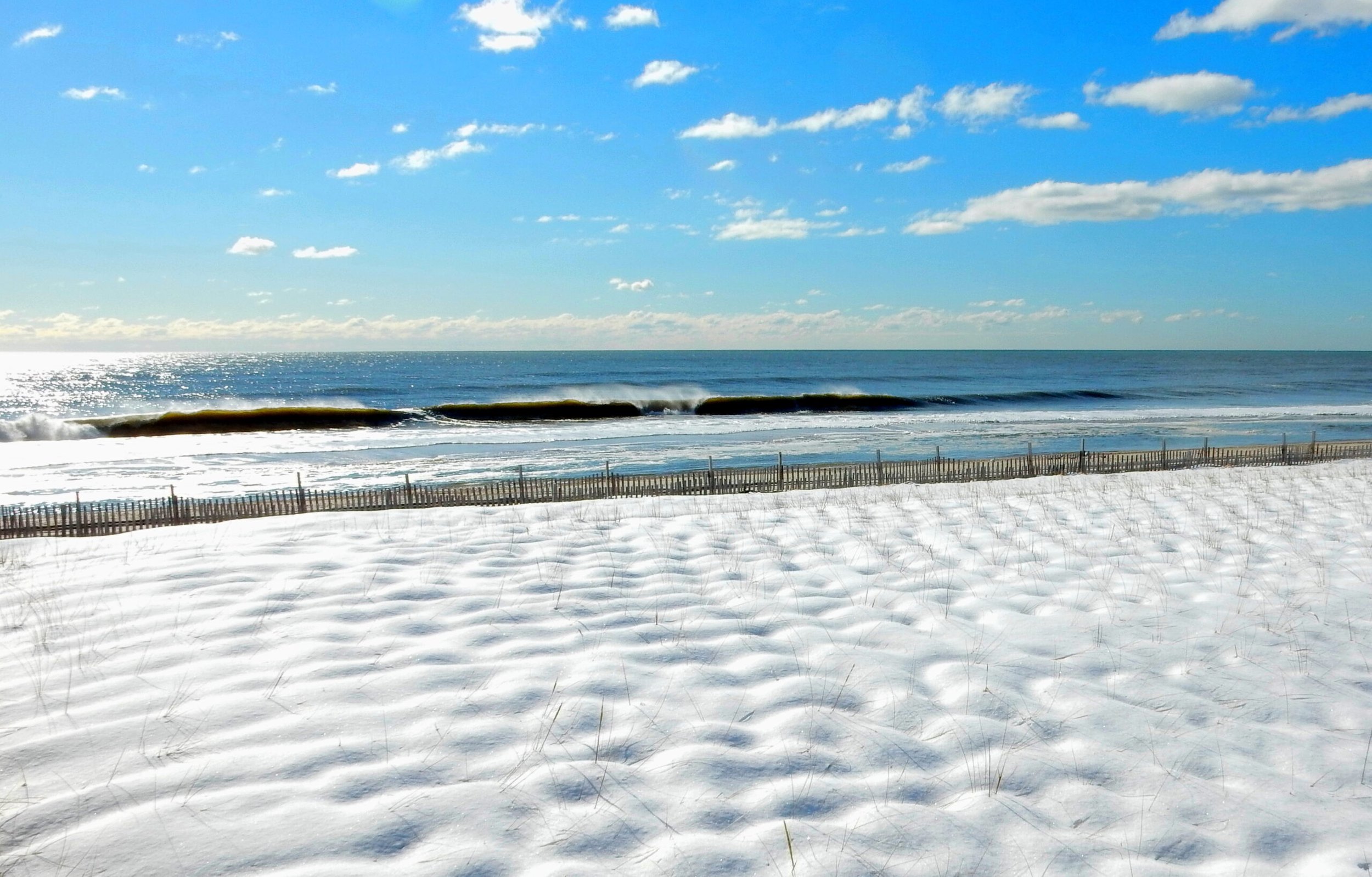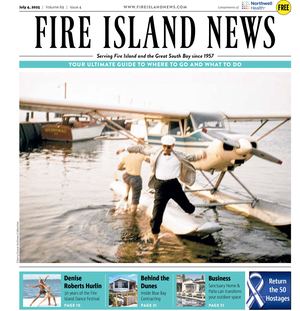
As a year-round resident, I’m often asked, “What’s it like in winter, how do you handle things like food and supplies?” The short answer is, once you master the basics, wintering over on the island is easy and just as beautiful as summertime!
First you need ample deep-freeze capacity, for which we have two large chest units. You also need a wood burning stove sized sufficiently to heat your house, which of course must be winterized (insulation and winter water). From there it’s just planning: we do a couple Costco runs in October to pack the freezers with food and fill a spare bedroom with dry goods (it’s amazing how many rolls of paper products you need). Then of course provisions like rice, canned goods, chips and snacks, pasta and sauce, etc.

At the same time, we also accumulate enough wood for our flat-top wood-burning stove to see us through the season. Not only does it heat the house, if you lose power, you can make coffee and cook remarkably good meals. During a blackout you also need a way to provide light at night. You can get fancy with a backup generator, and some people have them, but the most cost-effective solution is to use power tool batteries to run LED work lights, some of which also have USB outlets to power electronics.
We keep a dozen 4-amp batteries charged up for that purpose. This is enough to last for about 10 days. The 18-volt DC type matches the voltage requirement of most common laptops, so with a spare charging base and a little skill with a soldering iron you can make a robust battery backup for that too. And a battery-powered cellular hotspot gets you online.

As for firewood, when you need it, you need it bad. One mistake I see newbies make is underestimating how much. You need a heck of a lot more than you might think. Having a small electric chain saw comes in extremely handy. Gas powered chainsaws are more powerful, but you’ve got to have gasoline shipped onto the island and that can be a big hassle; battery-powered units are enough.
One thing you must be especially attentive to is ensuring you have an ample supply of any medications you need. Fortunately, most doctors will assist you with long-duration prescriptions, and most Long Island pharmacies will be pleased to help you with larger refills once you explain that you live on Fire Island and can get cut off from essential meds if the bay freezes.

Ferry boats are infrequent in winter, and only if the bay doesn’t freeze. But they generally manage to run often enough to obtain perishables such as milk and vegetables. In most communities it’s a fairly tight group of people during winter, and when one of us makes a trip to the mainland we pick up whatever the others need. So, with some common sense planning and a bit of care you can securely enjoy an entire winter or sit out a nasty pandemic in great comfort, delightfully more connected to nature than would ever be possible in the city.
As for emergencies, provided the bay isn’t frozen the Suffolk County Marine Police can transport people to the mainland. Alternately there are a small number of medivac helicopter landing sites. But in poor weather that’s not possible at all, and of course Murphy’s law states unequivocally that a nasty storm will ground all flights at precisely the time you need it most. It’s no fun in a medical crisis to be driven off the beach, especially from one of the eastern communities.
Living on Fire Island is not for everyone, especially if you have health considerations that might require immediate medical care. And naturally the dead of winter is when you’re even more careful on ladders, using power tools, etc. The last thing you ever want is a serious accident, doubly true when the bay is frozen.
All that said, to me this lifestyle is the best of both worlds, serene winters alternating with socially packed summers. So when the temperature and humidity are hovering in the 90s just think back to these images!


























